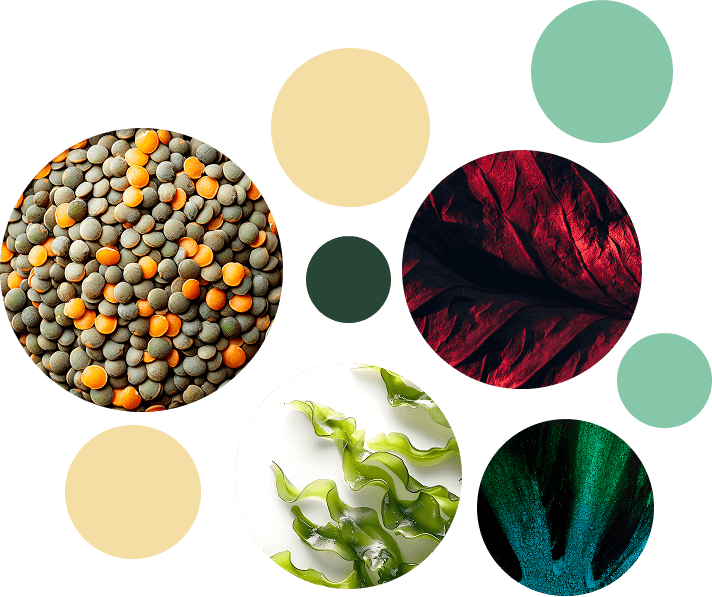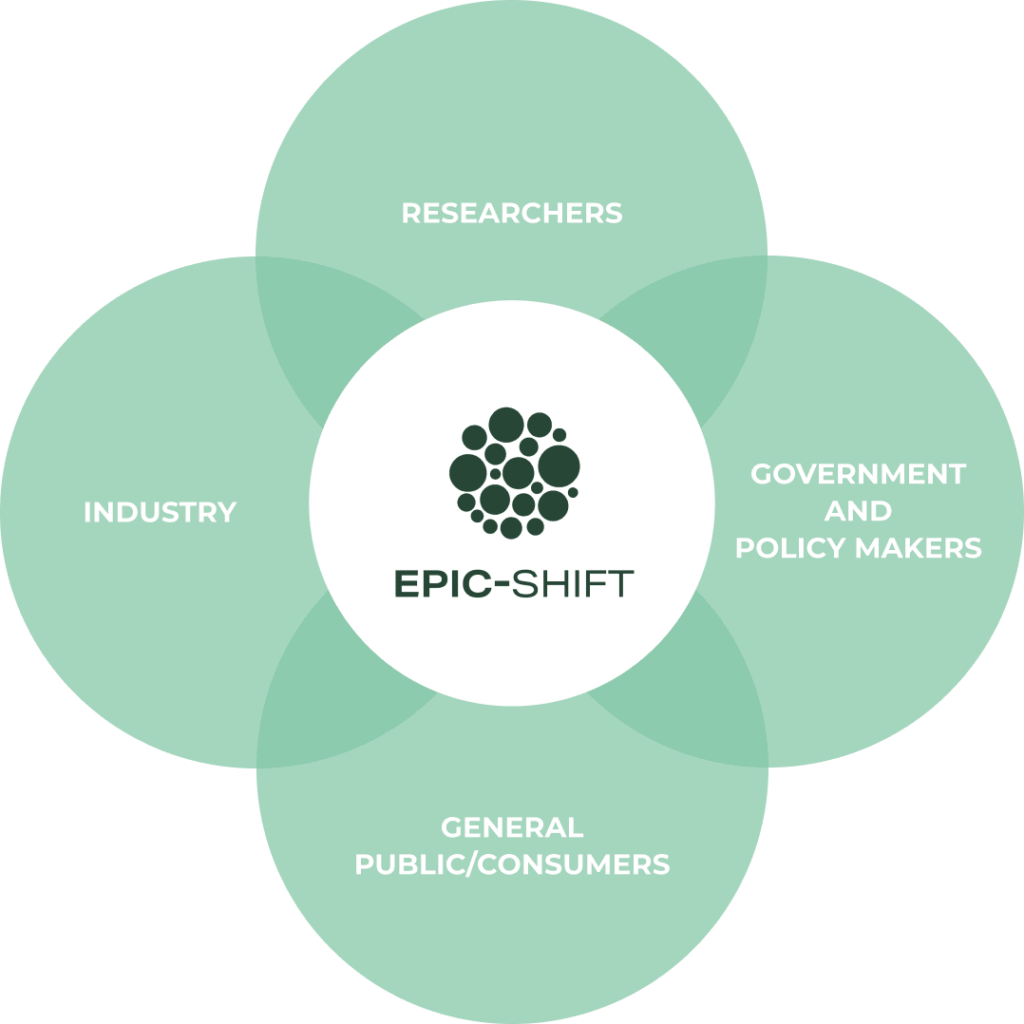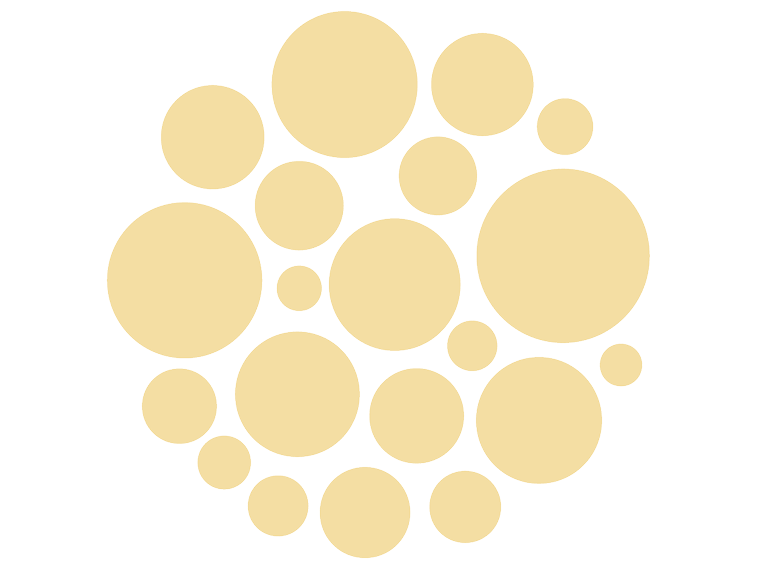Driving European Protein Diversification with Novel Foods Based on Alternative Proteins
Multi-actor approach to sustainable food systems

Welcome to EPIC-SHIFT
Mission
EPIC-SHIFT is an innovative, EU-funded research project dedicated to exploring alternative protein sources from insects, fungi, algae, bacteria, and agricultural by-products.
Our mission is to reshape the EU food system by creating a comprehensive, unbiased knowledge base on the environmental, social, and economic potential of these groundbreaking protein sources.
EPIC SHIFT at a glance
14
Countries
20
Partners
36
Months
€4,5
Million
Our consortium
With a consortium of 20 partners, we’re working to make food systems more sustainable and equitable for the future.
[mapsvg id=”21″]
Engaging the four major actors in the innovation system

Our project is organised around 4 transversal objectives.
1. THE ESTABLISHMENT OF THE ALTERNATIVE PROTEINS KNOWLEDGE HUB
Creating a robust platform for sustainable food solutions and collaboration.
Open stakeholder network: Create an open platform for international collaboration, bringing together stakeholders from research, industry, policy, and society. This platform will help define priorities and strategies for sustainable food production.
Networking with similar projects: Connect current and past projects focused on protein diversification. The goal is to share best practices, identify research gaps, and track progress in sustainable food systems and bioeconomy.

2. FORMULATION OF STRATEGIES BASED ON OPPORTUNITIES AND RISKS

The multi-actor approach by deploying a quadruple helix model.
Co-creation activities with multiple stakeholders with the aim of a result that enables just transition for all food system actors.
3. PROVISION OF MULTIDIMENSIONAL & INTEGRATED IMPACT ANALYSIS

We will conduct a comprehensive, unbiased analysis of the impacts of developing NFAP for the food system and bio-based sectors, considering environmental, economic, and social factors.
This will be possible thanks to a systems thinking approach.
Impact Assessment: The impact will be assessed from different angles: environmental (life cycle assessment), economic (techno-economic assessment), and social (life cycle assessment). Seven protein types (insect, fungi, bacteria, algae, agricultural by-products, and aquaculture by-products) will be assessed at scale- from protein type to product.
Health Benefits: Explore the nutritional benefits of NFAP and how they can fit into sustainable diets like the Planetary Health Diet.
Future Scenarios: Model future possibilities for NFAP development in Europe and understand their long-term effects on the food system.
Define a safe and sustainable operating space for NFAP: Identify a path that accommodates the future demand and provides opportunities for the farming sector while not hindering the development of other bio-based sectors.
4. EVALUATING MARKET POTENTIAL
Identifying the market potential of alternative proteins according to their properties and assess their implementation and future demand by validating acceptance from both the consumption and production sides.
Studying the reasons behind the success and failure of NFAP product market launches, including aspects such as pricing, labelling, and package design, and providing marketing recommendations to foster NFAP uptake.
Understanding the infrastructure needs to scale up the production of NFAP to an impactful scale, map public and private investment dynamics and the impact of an efficient regulatory approval process in the EU

